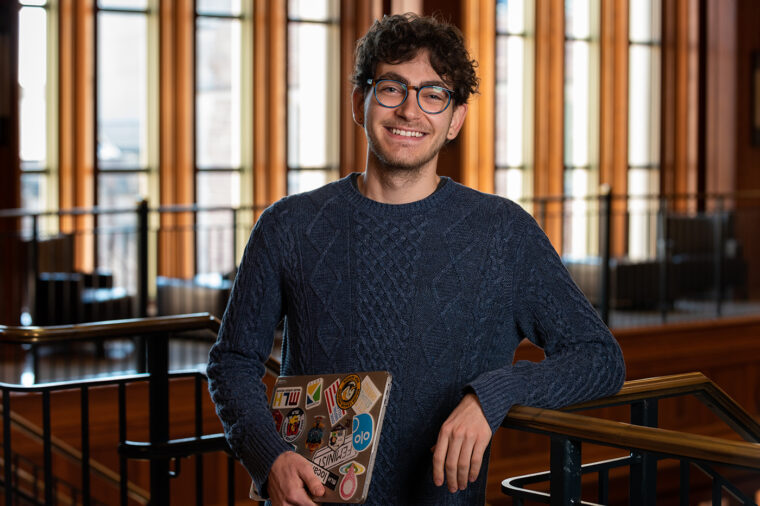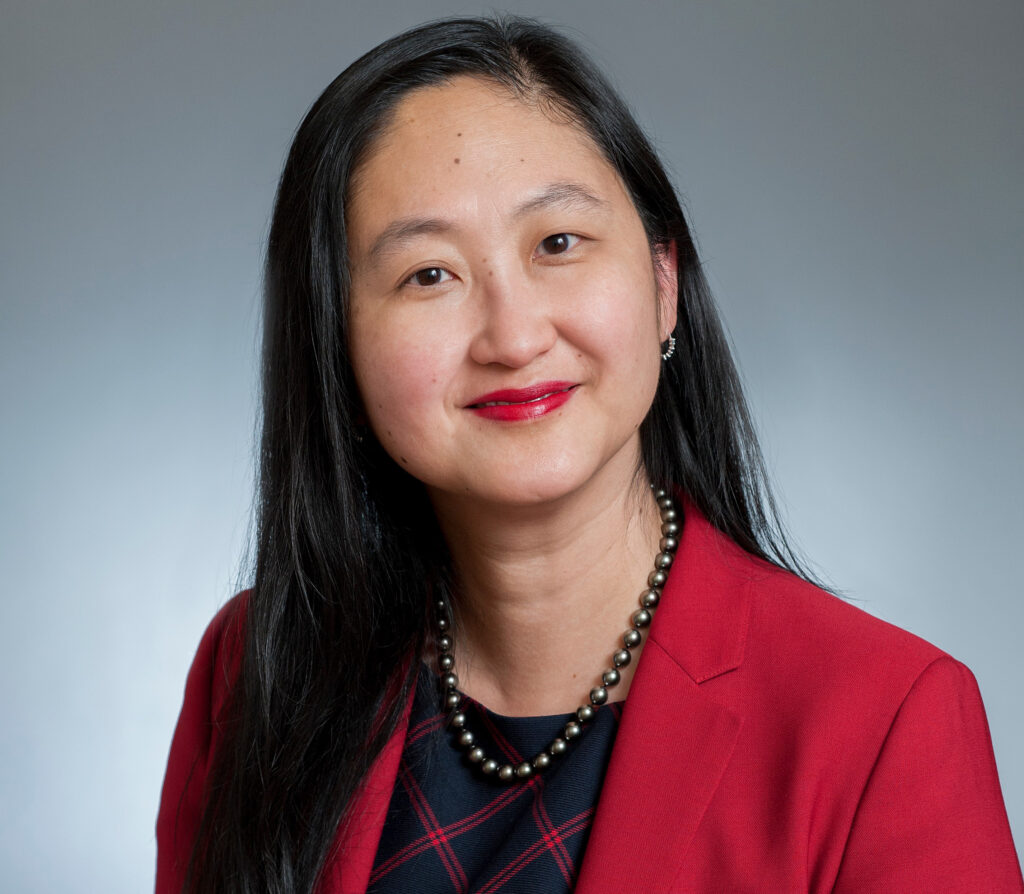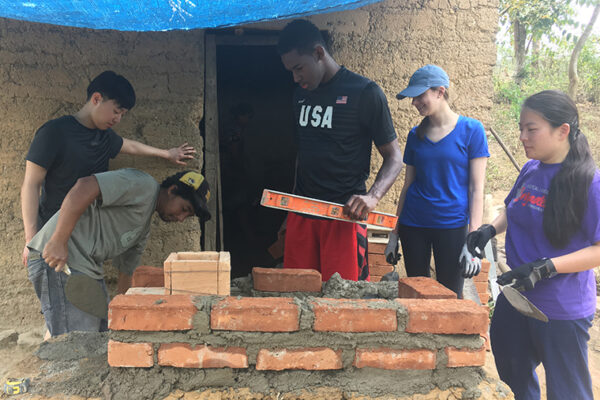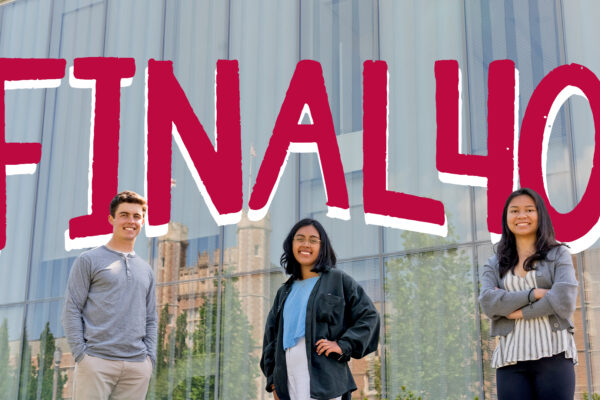When David Frankel was 12 years old, he watched his first computer science tutorial and instantly took to coding and web development. Within a few years, he had built a scheduling app for the college counselors at his Washington, D.C., high school, Sidwell Friends (Yes, Frankel was classmate to Sasha and Malia Obama) and created the video game Wizard Pong (Play on your Xbox, it’s open source.)
Another pivotal moment occurred in middle school. Frankel’s mom suffered a traumatic brain injury in a car crash, one that left her unable to look at electronic devices. Frankel assumed the role of technology tutor, showing her how to use the VoiceOver screen reader app and other tools that would allow her to access the internet.
Those experiences led Frankel to Washington University in St. Louis, where he has studied ways to use computer science to advance social good.
“When you put so much pressure on technology to solve society’s issues, you ignore the way that technology is not accessible to everyone,” Frankel said. “Millions of Americans don’t even have broadband. Others cannot access technology because of the costs. Other people have disabilities that act as barriers to access. These obstacles are more than an inconvenience; they are isolating and cause real harm.”
On Saturday, Dec. 11, Frankel will be among the 360 Washington University students participating in the recognition ceremony for December degree candidates at the Athletic Complex. He is set to graduate with degrees in computer science from the McKelvey School of Engineering and in women, gender and sexuality studies from Arts & Sciences. It’s an unusual combination of majors, but why should it be, asked Frankel, who has devoted as much time to student theater and LGBT advocacy as hackathons and gaming.
“My women, gender and sexuality classes and my computer sciences classes have absolutely fed each other and allow me to think about the problems I encounter in new ways,” said Frankel, who also is a Rodriguez Scholar. “I laugh at all the stereotypes I hear in my classes. In my WGS classes, they’ll assume that there are no CS students. And in my CS classes they will say, ‘Oh, you guys are going to talk to someone in the humanities because you’re not going to have that perspective.’ I’ll be in the lecture hall thinking, ‘We can do both.’ Yes, we should collaborate, but that doesn’t mean that we should relinquish our responsibility to understand.”
Frankel has leveraged that understanding to imagine an array of innovative products. FitBuds, a winner at the 2019 PickHacks hackathon, employs machine learning to improve the health of older adults. Users simply hold their phone as they complete a series of basic movements. The app then identifies specific exercises to build strength, flexibility and balance. A member of Frankel’s team is continuing work on the app. And Amicus, a winner at VandyHacks VII and also being further developed by a partner, is a platform for understanding the U.S. Supreme Court docket and helps citizens and grassroots organizations create their amicus curiae (friend of the court) briefs for the Supreme Court.
In addition, Frankel has a patent for a navigation aid for blind people; has completed fellowships at hackNY, the National Institutes of Health and Coding It Forward; and served as a technical adviser for Flypaper Tutors, an online tutoring platform launched in the wake of the COVID-19 pandemic. After graduation, Frankel will work at Slack in New York, where he will continue to find ways to use computer science for social good.
“There is a lot of distrust in technology right now and for good reason,” Frankel said. “But the answer isn’t to villainize technology. We’re not going to do away with these technologies and platforms. But we can find ways to use computer science to help solve the problems it has exacerbated.”




Comments and respectful dialogue are encouraged, but content will be moderated. Please, no personal attacks, obscenity or profanity, selling of commercial products, or endorsements of political candidates or positions. We reserve the right to remove any inappropriate comments. We also cannot address individual medical concerns or provide medical advice in this forum.